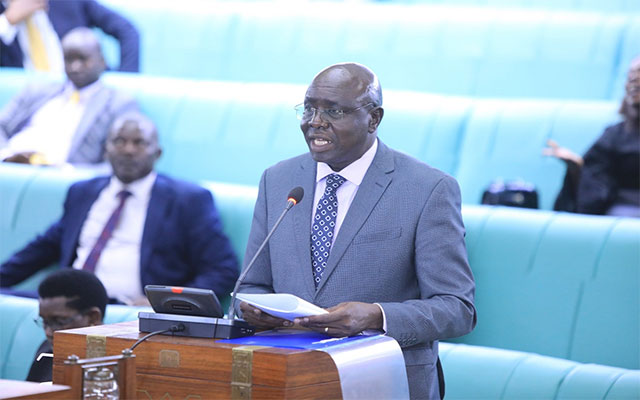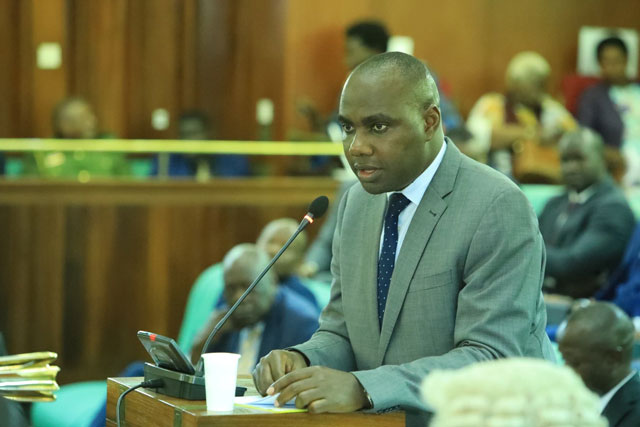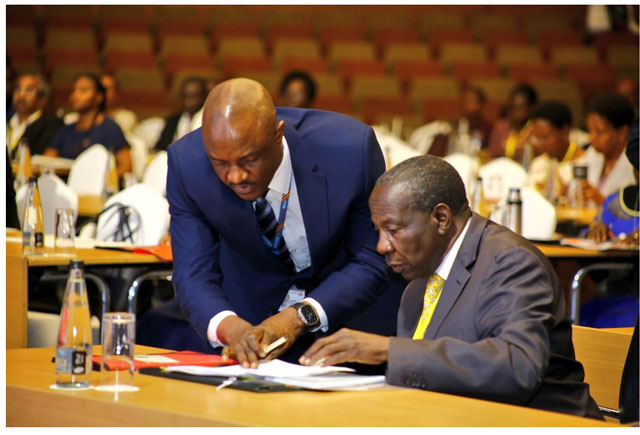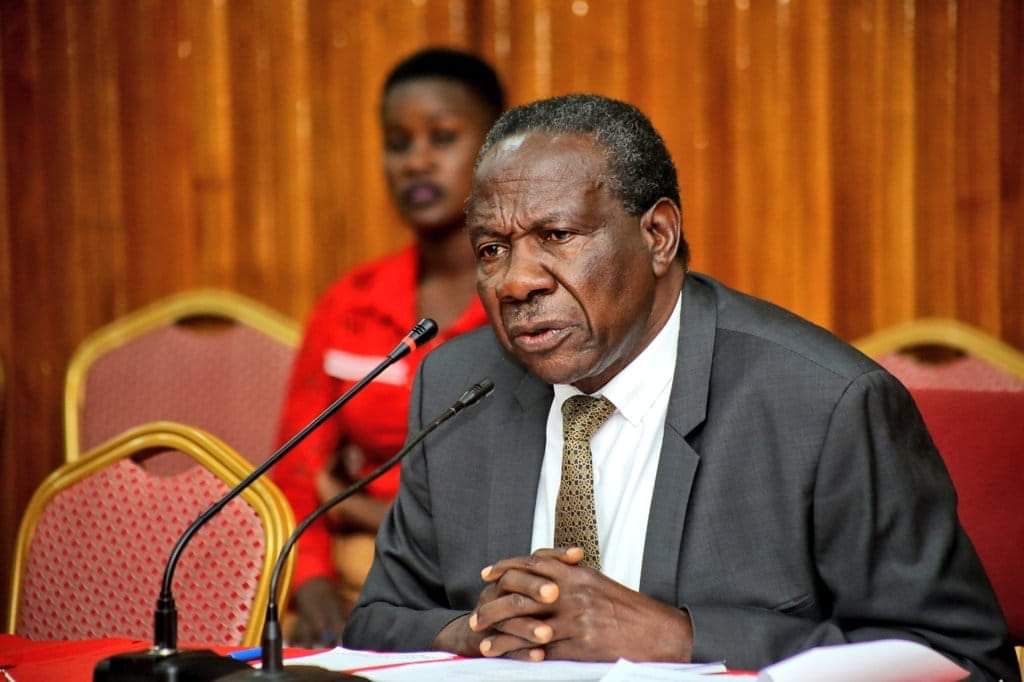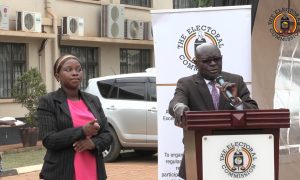The Government of Uganda could take up to 12 years to clear its growing domestic arrears, now estimated at over Shs13.8 trillion, according to a report by Parliament’s Committee on Finance, Planning, and Economic Development.
Presenting the report to Parliament, the Committee’s Deputy Chairperson, Hon. Moses Aleper, cited the Auditor General’s findings indicating that domestic arrears had risen from Shs10.5 trillion in the 2022/2023 financial year to Shs13.8 trillion.
Aleper noted that while the government has allocated Shs1.1 trillion towards domestic arrears for the 2025/2026 financial year—an increase from Shs200 billion in the previous fiscal year—the amount remains insufficient to address the growing burden.
“Even at the current rate of allocation, it would take the government over 12 years to clear all domestic arrears, assuming no additional arrears are accumulated,” Aleper warned.
The Committee recommended that the Ministry of Finance, Planning and Economic Development develop a comprehensive medium- and long-term strategy to address the arrears. It emphasised that failure to pay domestic arrears was crippling the private sector and undermining overall economic growth.
Deputy Speaker Thomas Tayebwa acknowledged the increased allocation but stressed the need for further action.
“By the time small companies supplying at the district level receive payment, the funds cannot even cover the interest accrued,” Tayebwa observed.
Hon. Peter Okot (DP, Tochi County) criticised the Ministry of Finance for failing to supervise accounting officers, noting that officials continue to commit government resources without corresponding funding.
“Accounting officers were warned against committing the government beyond available resources. Has the Ministry of Finance failed in its supervisory role?” Okot questioned.
Tororo District Woman MP, Hon. Sarah Opendi, called for a more aggressive approach, urging the government to cut domestic arrears by at least 50 percent.
“There must be deliberate efforts to eliminate wasteful expenditure. If this is not addressed, many businesses risk collapsing. How will these companies sustain employment and tax contributions?” Opendi said.
Hon. Agnes Auma (Indep., Lira District) urged the Ministry to prioritise the timely release of funds to government entities, stating that delays lead to the accumulation of arrears.
“Domestic arrears are becoming a national embarrassment. These activities are already budgeted for—so where does the money go? We need a firm commitment from the Minister of Finance,” she added.
Responding to the concerns, the Minister of State for Finance (General Duties), Hon. Henry Musasizi, said the Ministry had developed a plan to clear all verified domestic arrears within three years. He noted that the increased allocation for arrears was a positive indicator of government commitment.
“Substantial provisions have been made for arrears under the former Uganda National Roads Authority (UNRA), which currently holds about Shs2 trillion,” Musasizi said.
He, however, cautioned that the reported Shs13.8 trillion figure needed verification.
“Different reports indicate varying figures—some cite Shs13 trillion, others Shs10 trillion, and there is also mention of Shs5.7 trillion. The actual amount depends on which audit report you refer to,” Musasizi stated.
The issue of domestic arrears remains a key fiscal challenge for the government, with implications for public trust, private sector viability, and the broader economic environment.


